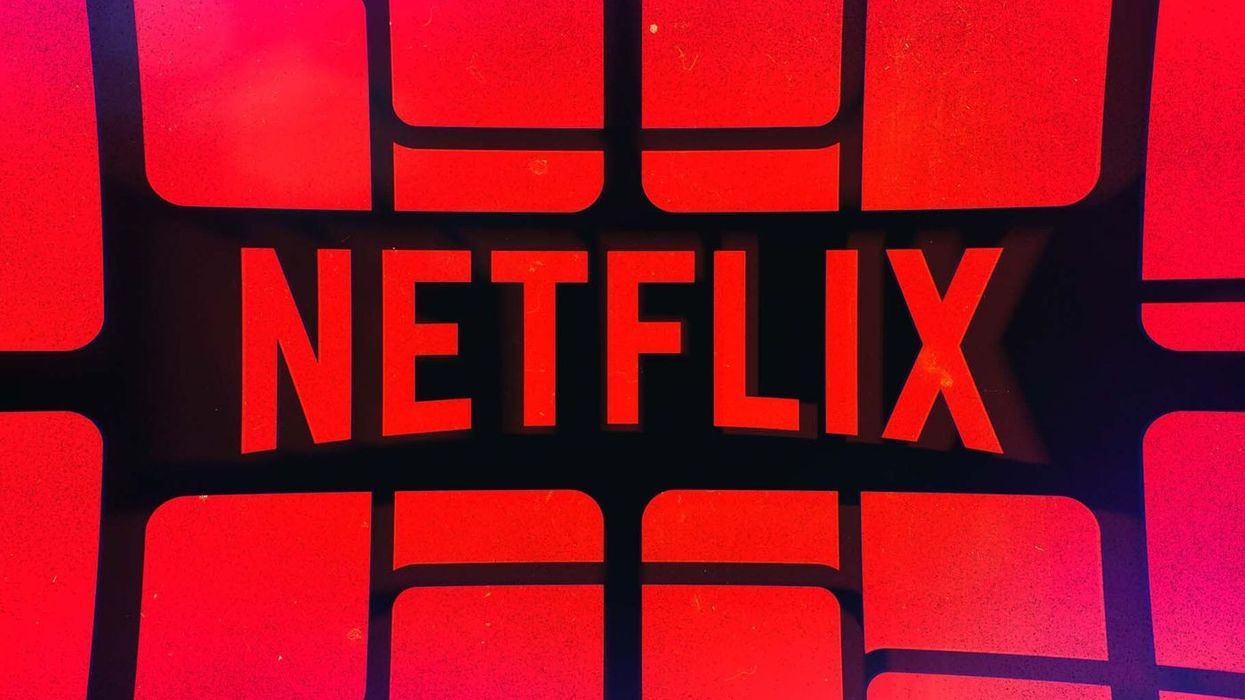Why You Should Care About the Great Netflix Password Crackdown
As much as we don’t like it, Netflix’s most recent decision is pretty smart in its fight for privacy.

Remember last month when Netflix announced that they were going to start cracking down on password sharing?
No big deal, right? I mean, we would never share any of our streaming passwords with family members, friends, old roommates, or total strangers who purchased our passwords… right?
The internet was enraged (what happens when a company as big as Netflix makes any changes), but the move is necessary for the company. The Los Angeles Timesrevealed that password sharing has become a problem that is increasingly hard for media companies to ignore. The article describes the dodgy online marketplace where people are actually paying for discounted access to others’ login information.
Instead of paying the $19.99 premium subscription, you could get 10 days of Netflix for $1. What about $1.09 a month for ad-free HBO Max compared to the normal $14.99 a month? This practice is not only dangerous for everyone’s privacy, but it also violates the company’s terms of service.
Selling passwords is illegal and punishable with fines and prison time under the Computer Fraud and Abuse Act, according to lawyers who spoke to the Los Angeles Times.
The Alliance for Creativity and Entertainment (ACE), an anti-piracy coalition that includes Netflix, Apple, and the major Hollywood studios, calls these types of illegal operations “a growing threat to the creative sector, consumers, and the economy.”
Still, password sharing is happening at a massive scale, and Netflix is desperately trying to combat it—even if they seemed to endorse the practice once via Twitter.

If you have several streamers, you're probably paying somewhere around $50 per month. On top of that, most established players like Netflix and Disney+ are raising their prices to improve revenue and reinvest in content.
So, you’re probably thinking, “I’m definitely not going to stop sharing passwords now if prices are going to go up.” That’s a valid thought. A study by the Advertising Research Foundation said 36% of Netflix subscribers share their password with at least one relative outside of their household, while 13% share their password with a friend outside of their household.
Netflix is starting to crack down in modest ways. Last month, the company said it is introducing fees for subscribers in Chile, Costa Rica, and Peru to add up to two users outside of their household for an additional $2 or $3 per account. If the company decides to expand this plan worldwide, Netflix can add about $1.6 billion in global revenue annually, according to estimates by Cowen & Co.
Netflix is under pressure from Wall Street to make more money after reports show that the company was expected to make $2.5 million in the first quarter, down from nearly $4 million in the previous year. Those projections don’t reflect the loss of an estimated 1 million subscribers due to Netflix’s cease of business in Russia after the war on Ukraine.
Not all of Netflix’s moves are going to be popular amongst the users, but Netflix is a company that wants to see growth and increased revenue. More restrictive policies are becoming the norm for this streaming platform and could influence other platforms to do the same.
It is a good time to ask yourself what streaming services you value the most, and which ones you can do without.
Let us know what you think in the comments below!
Source: Los Angeles Times
















